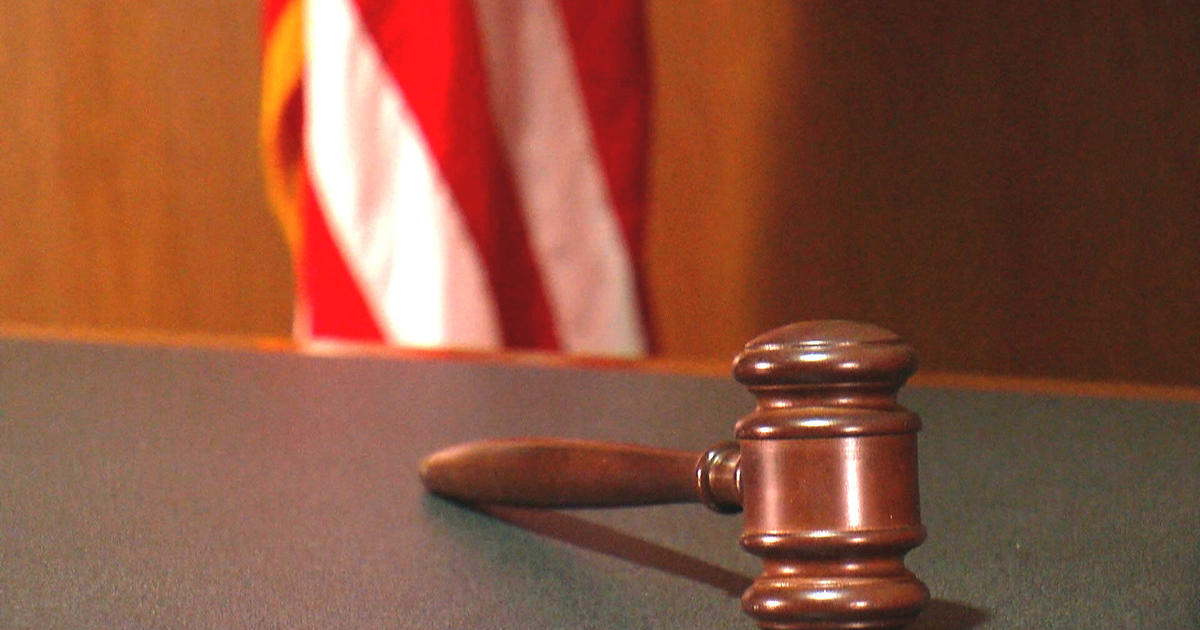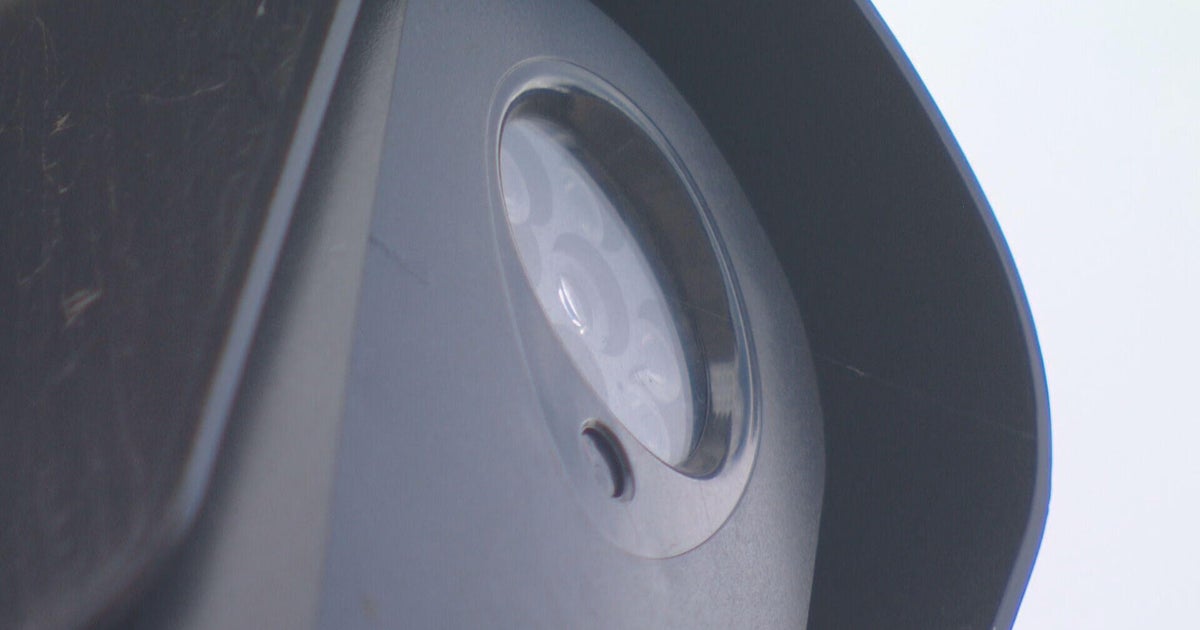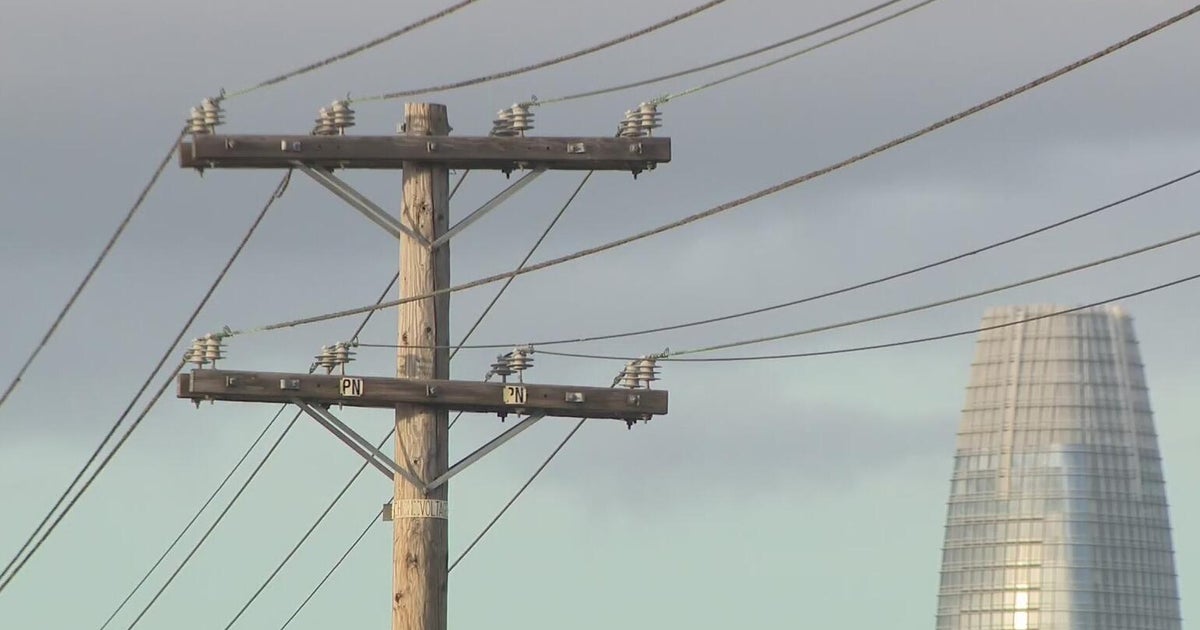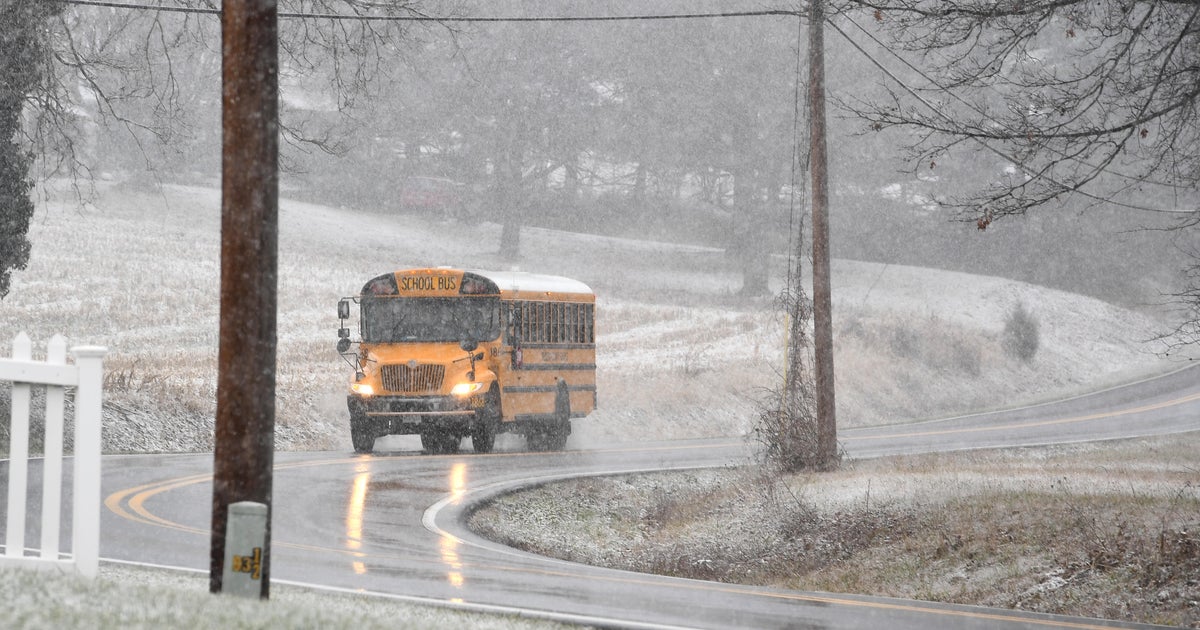Lawmakers Debate Changes To Child Pornography Laws To Address Teen Sexting
ANNAPOLIS (WJZ) — Maryland senators are discussing how state law should address teen sexting, saying that with the changing times and technology it's an issue that's become common.
But, the question now is, should it be criminal?
Right now, teenagers can be prosecuted for sending sexually explicit texts or selfies to one another, and lawmakers now have to decide whether to change the current law to prevent young people from winding up in a courtroom.
There are now four separate bills up for discussion in Annapolis advocating for a change in Maryland's child pornography law.
Lawmakers are responding to a case in which a 16-year-old girl was prosecuted for sending an explicit text to another teenager.
After the ruling, the Court of Appeals asked lawmakers to rethink Maryland law.
"A lot of times I think that (teens) don't know what they're doing is wrong, and they're so young and it's something that's done that's foolish on their part," State Senator Susan Lee said.
Lee is proposing one of the bills, which says if two minors are sexting, they can't be criminally prosecuted, but they can be civilly charged. They would ultimately be required to participate in some sort of educational program, which would teach young people about the consequences of inappropriate messaging.
Maryland hasn't changed its child pornography law since it was first introduced in the 1970s, and many lawmakers said it's now time to change that.
"The first issue is that it isn't criminal. It shouldn't involve police or the criminal justice system," State Sen. Jeff Waldstreicher said.
Waldstreicher said many of his colleagues share the belief that discipline should be limited to the schools and a child's family, not necessarily the criminal justice system.
"If this question were an easy one, we would have already solved it, or the court would have solved it for us," he said.
There are now bills in the House and two in the Senate. At some point, there will be an opportunity to combine some of the elements from the various bills into one comprehensive bill.
Lawmakers are hoping to pass a bill by the end of this legislative session.







